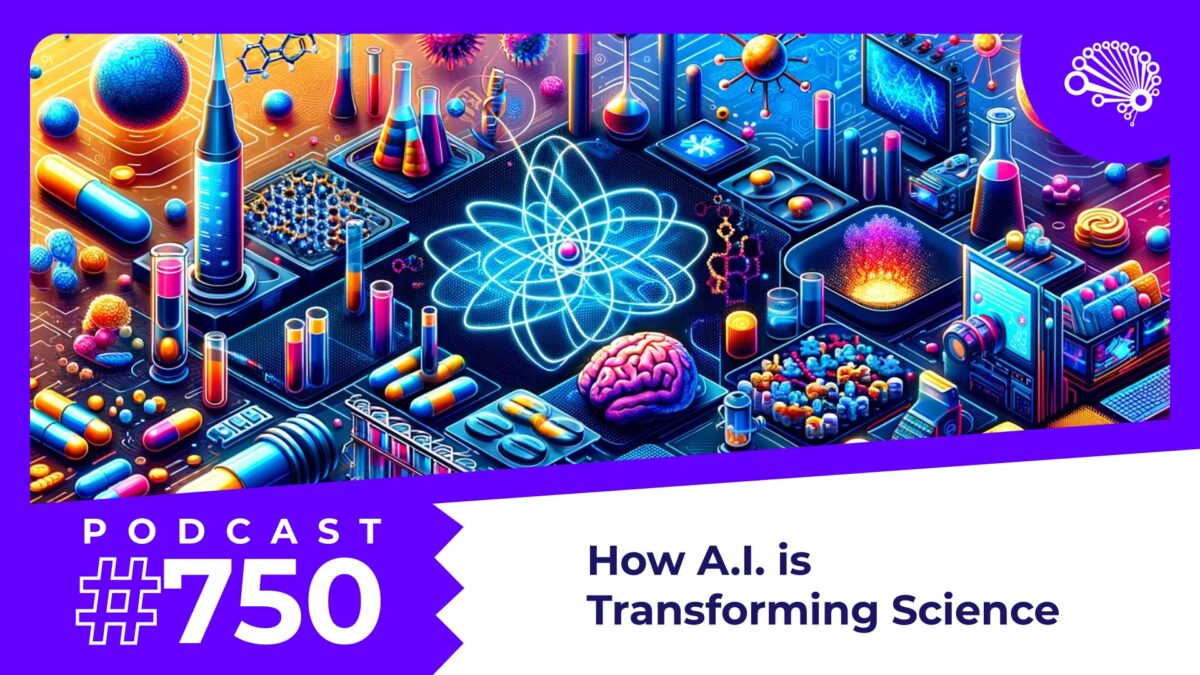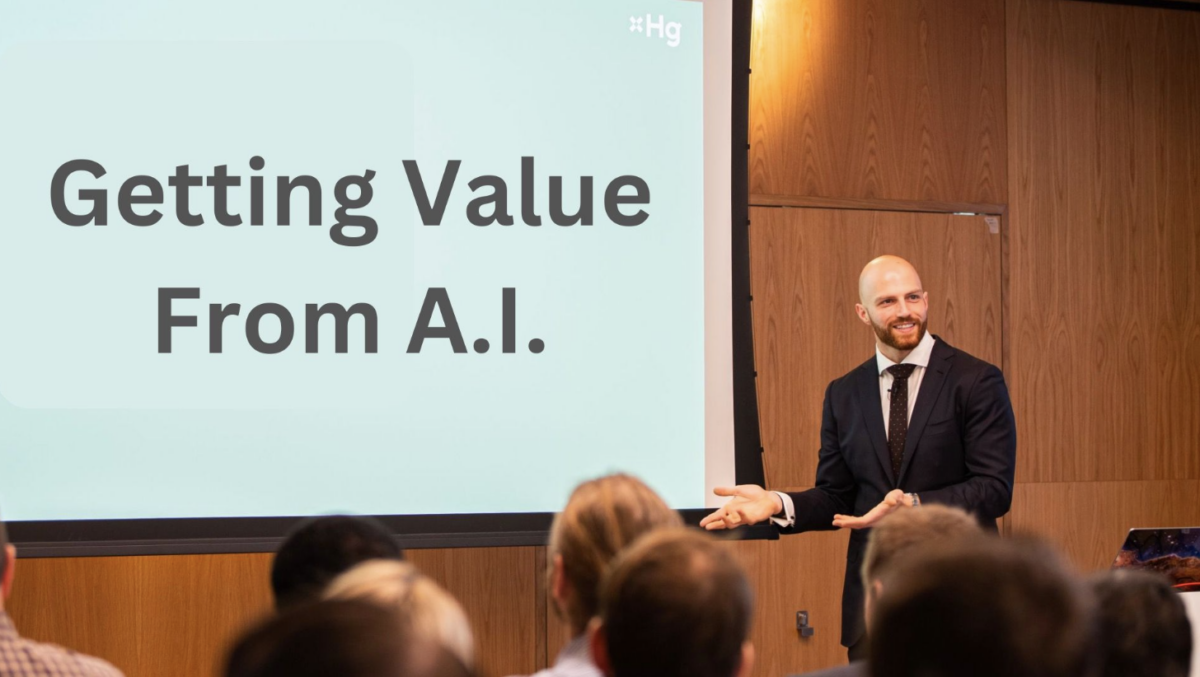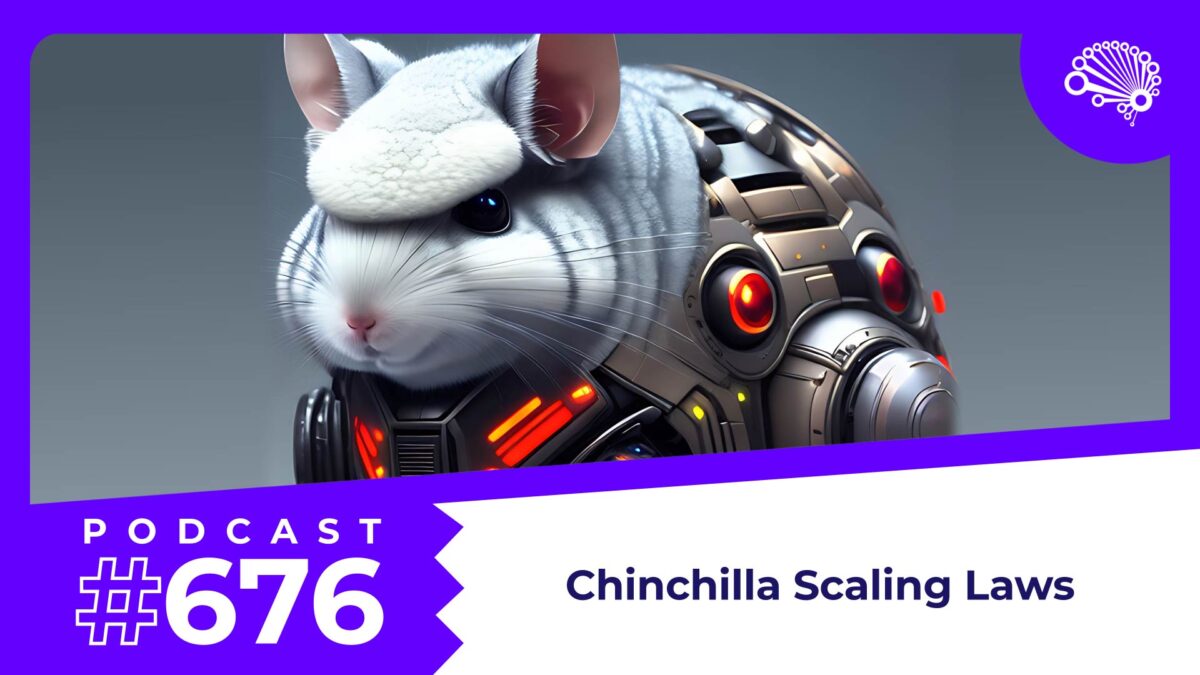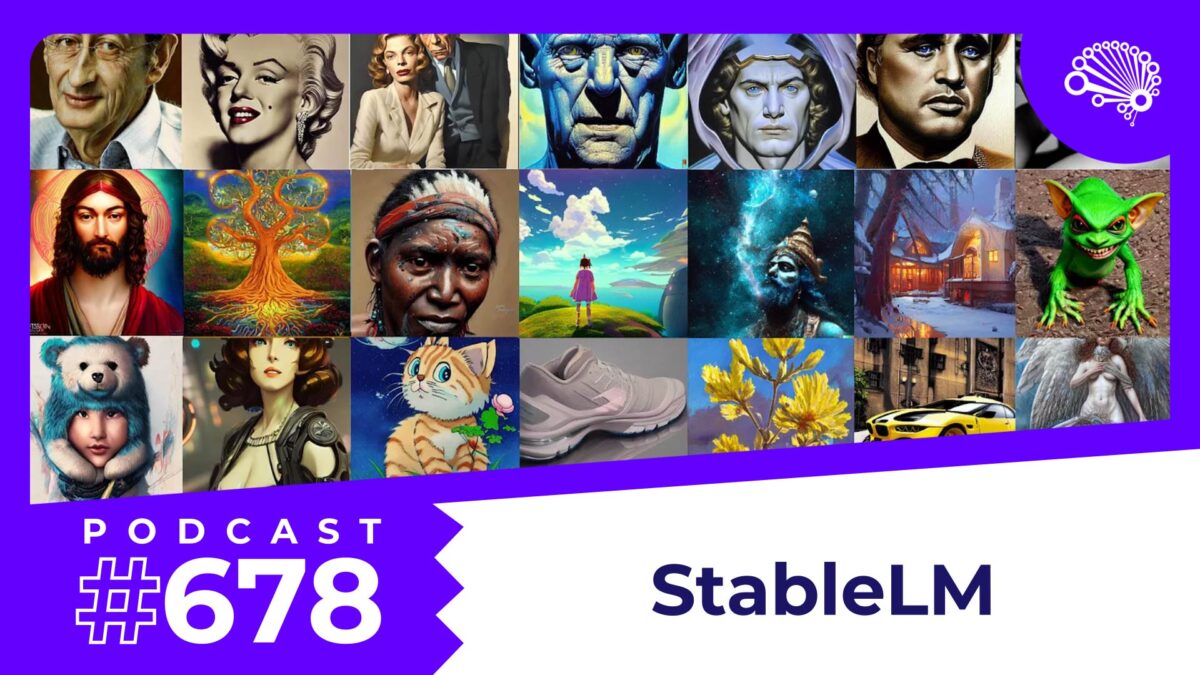A.I. is not just a tool, but a driving force in reshaping the landscape of science. In this SuperDataScience episode hosted by our Chief Data Scientist, Jon Krohn, he dives into the profound implications A.I. holds for scientific discovery, citing applications across nuclear fusion, medicine, self-driving labs and more.
Here are some of the ways A.I. is transforming science that are covered in this episode:
• Antibiotics: MIT researchers uncovered two new antibiotics in a single year (antibiotic discovery is very rare so this is crazy!) by using an ML model trained on the efficacy of known antibiotics to sift through millions of potential antibiotic compounds.
• Batteries: Similar sifting was carried out by A.I. at the University of Liverpool to narrow down the search for battery materials from 200,000 candidates to just five highly promising ones.
• Weather: Huawei’s Pangu-Weather and NVIDIA’s FourCastNet use ML to offer faster and more accurate forecasts than traditional super-compute-intensive weather simulations — crucial for predicting and managing natural disasters.
• Nuclear Fusion: AI is simplifying the once-daunting task of controlling plasma in tokamak reactors, thereby contributing to advancements in clean energy production.
• Self-Driving Labs: Automate research by planning, executing, and analyzing experiments autonomously, thereby speeding up scientific experimentation and unveiling new possibilities for discovery.
• Generative A.I.: Large Language Models (LLMs) tools are pioneering new frontiers in scientific research. From improving image resolution to designing novel molecules, these tools are yielding tangible results, with several A.I.-designed drugs currently in clinical trials. Tools like Elicit are streamlining the process of scientific literature review over vast corpora, allowing connections within or between fields to be uncovered automatically and suggesting new research directions.
The SuperDataScience podcast is available on all major podcasting platforms, YouTube, and at SuperDataScience.com.



